ARA NET-ZERO MASTERCLASS SERIES
ARA NET-ZERO MASTERCLASS SERIES
Module 4: Low Carbon Logistics
Transport and freight are another major contributor to most retailers’ footprint. There are a number of strategies to improve vehicle efficiency and switch to low-carbon technologies, both within owned fleet and third party providers.
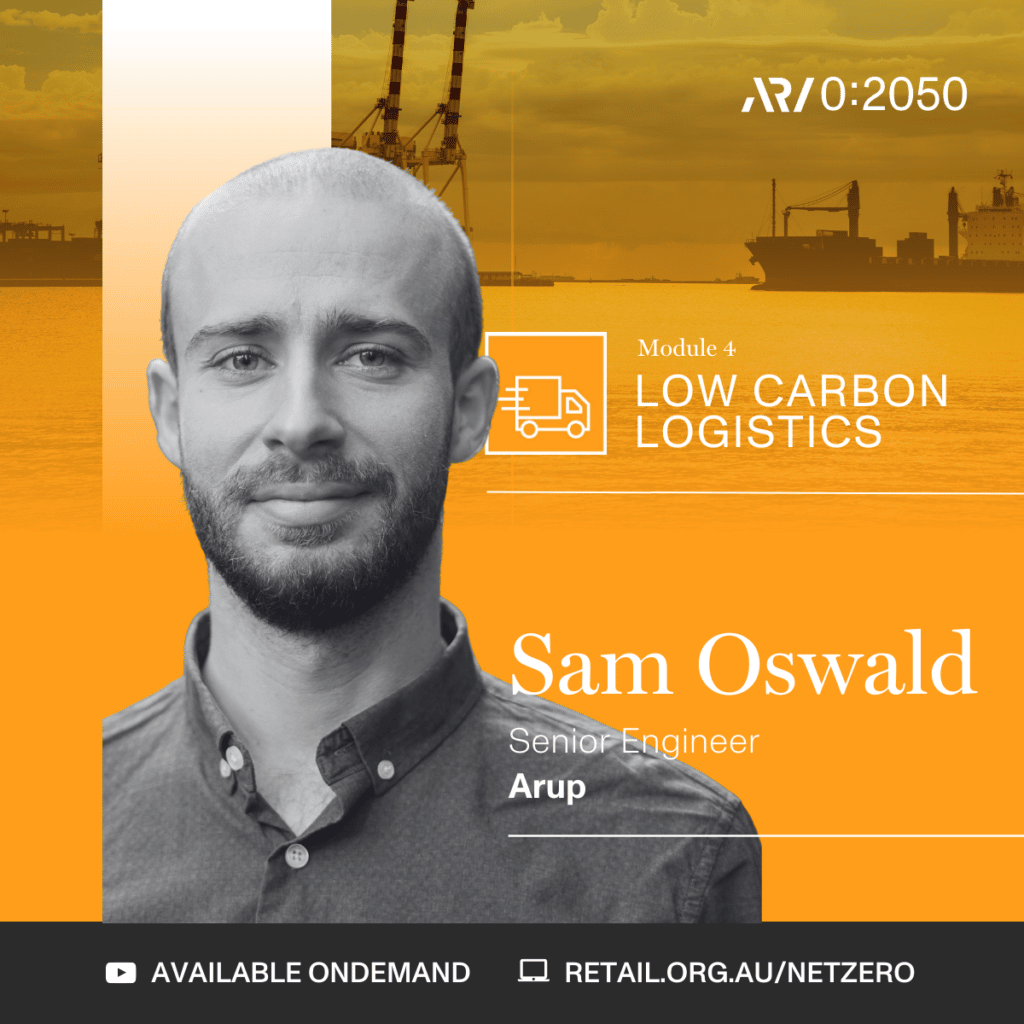
Industry Expert
Sam Oswald
Senior Engineer, Transport Planning
Arup
Sam specialises in shaping urban logistics. Guiding government agencies through policy change and advising developers, suppliers and operators on systems and networks to support the movement of goods. His key focus is solving complex supply chain problems and developing innovative solutions to enhance operations and reduce their carbon impact.
Sam has recently completed a short course at the University of Cambridge Institute of Sustainable Leadership in Sustainable Supply Chain Management to complement this knowledge and experience in the freight and logistics sector. He is also involved in wider industry through his association with the Chartered Institute of Logistics and Transportation including being part of the Next Generation Committee and presenting at the most recent International Conference in Perth.

For over 75 years, Arup has been recognised for its vision, talent and tenacity. Dedicated to sustainable development, the firm is a collective of 18,000 designers, advisors and experts working across 140 countries. Founded to be both humane and excellent, we collaborate with our clients and partners using imagination, technology and rigour to shape a better world.
Arup’s primary goal is to develop a truly sustainable built environment. This means that in all our work, we aim to identify a balance between the needs of a growing world population and the finite capacity and health of our planet.

Member Expert
Susan Mizrahi
Chief Sustainability Officer
Australia Post
Susan Mizrahi is a senior sustainability strategist and has over 20 years’ experience working in Asia, Europe, North America – as well as domestically – on international, business and human rights issues. She is committed to leading positive, systemic change on social and environmental issues and has achieved this through working collaboratively across and within the private, public and not-for-profit sectors. Susan holds a Master in International Relations & Asian Politics (UQ) and a Master of Management (Supply Chain) (UoM). Susan commenced at Australia Post in 2015 and was appointed as the business’ inaugural Chief Sustainability Officer in 2019. She is a Non-Executive Director of the Global Compact Network Australia and chairs the Australian Retailers Association’s Sustainability Advisory Group.

Module 1
Net Zero Foundations
The transition to net zero is going to impact every industry and country. Before we get into the details of ‘how’, we’ll review the ‘why’ – the current science and global political commitments and what that means at a strategic level within your business.
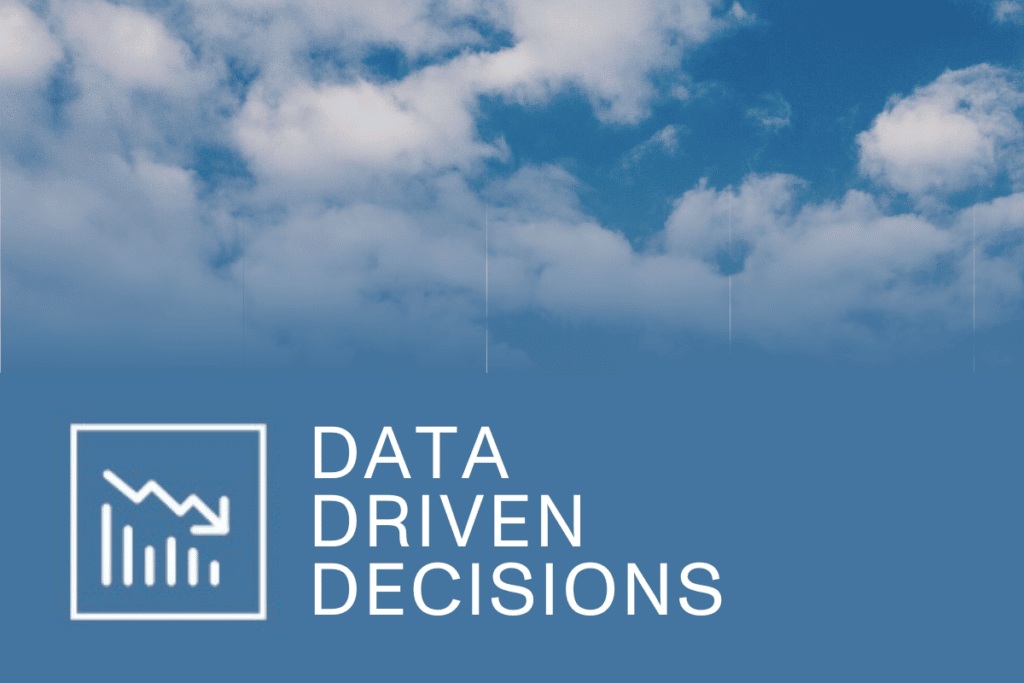
Module 2
Data Driven Decisions
Understanding your emissions is the first step to reducing your footprint. Once a baseline is established, focusing on the biggest contributors, the level of ambition to reduce emissions will inform the short and long term targets for emissions reduction.
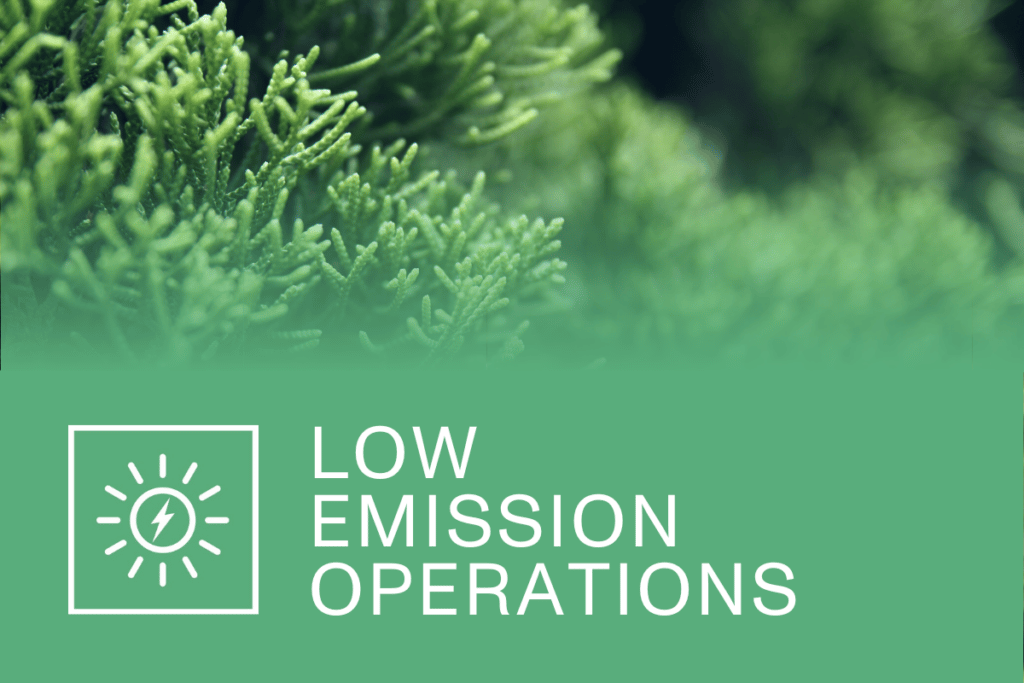
Module 3
Low Emissions Operations
A key emissions reduction focus for retailers is energy use in their operational premises, including using it more efficiently, switching to low carbon energy sources and buying offsets.
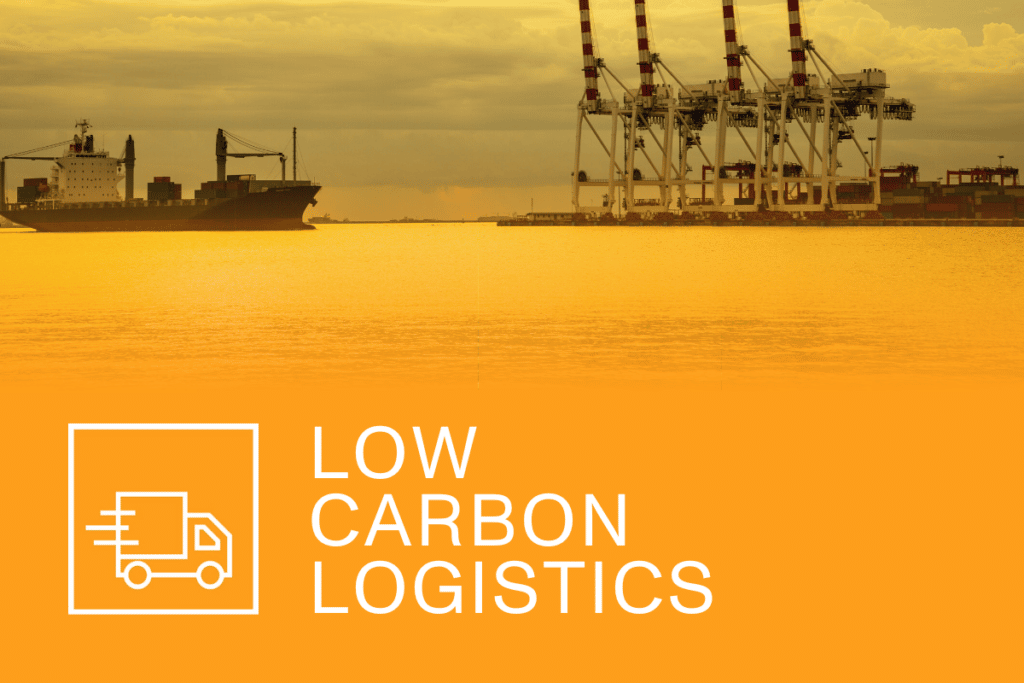
Module 4
Low Carbon Logistics
Transport and freight are another major contributor to most retailers’ footprint. There are a number of strategies to improve vehicle efficiency and switch to low-carbon technologies, both within owned fleet and third party providers.
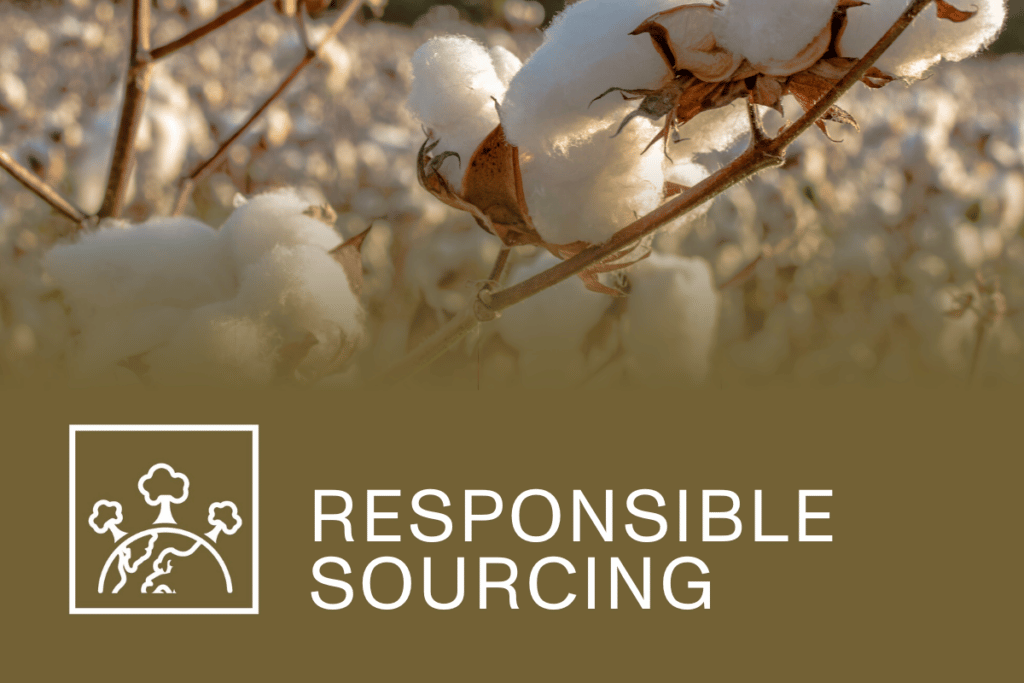
Module 5
Responsible Sourcing
While they are often out of direct control, supply chain emissions are generally the largest contributor of emissions for the retail industry and critical to collectively reaching net zero. Address supply chain emissions through product design, sourcing considerations and supplier engagement.
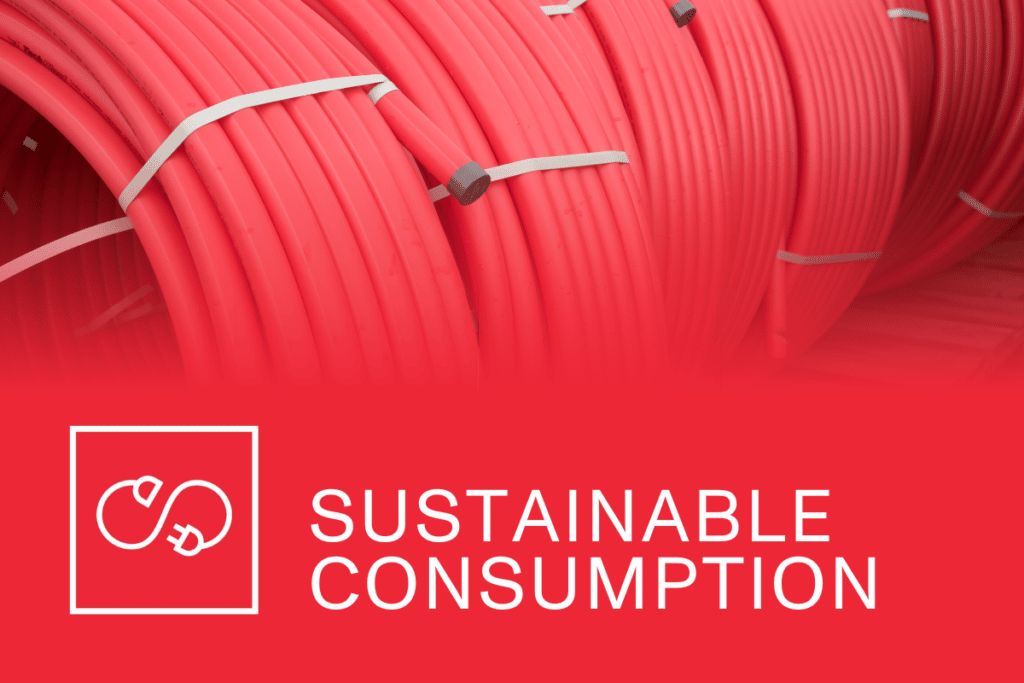
Module 6
Sustainable Consumption
An effective communications strategy provides an important avenue to convey your sustainability commitments, galvanise action and provide tools for change, both internally and externally.




















